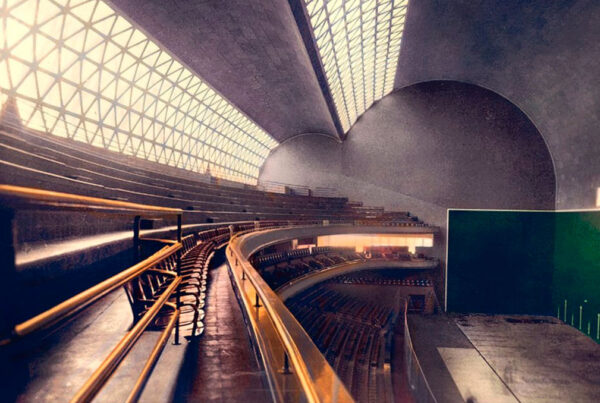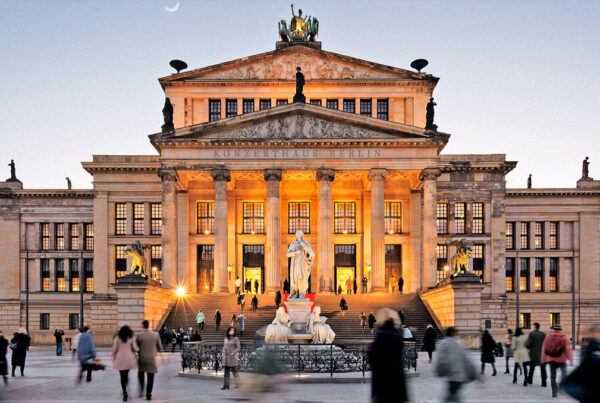Kit Armstrong will debut next Wednesday 25th August at the Schubertiada Festival in Vilabertran (Catalonia). He will introduce some pieces of his latest release by Deutsche Grammophon, “Byrd & Bull”, pieces that will be the perfect accompaniment for the monumental “Goldberg Variations” by J. S. Bach. The concert will take place at the Canónica de Santa María in Vilabertran at 21:00 (more info and tickets in the link).
W. Byrd · The Bells
W. Byrd · Parthenia Suite (Prelude, Pavan & Galliard)
J. Bull · Fantasia
J. Bull · Melancholy Pavan
J. Bull · Les Buffons
J. S. Bach · Goldberg Variations
Pianist and composer Kit Armstrong steps back in time to revive the spirit of the early English composers William Byrd and John Bull in his Deutsche Grammophon debut album. Exploring a remarkable legacy of works originally written for organ or the virginal – close relative of the harpsichord – William Byrd · John Bull – The Visionaries of Piano Music is set for release on 9 July 2021. In the notes that accompany the double-disc album, Armstrong discusses the composers’ immeasurable contribution to keyboard music, their contrasting means of expression, and his own approach to performing sixteenth-century repertoire on a modern instrument.
Kit Armstrong discovered Byrd and Bull as a child, and has returned to their music many times since, adding their works to his recital programmes and crowning his Yellow Label recording sessions with an all-Byrd-and-Bull concert for DG Stage last September. The works he has chosen for the album, pieces that were conceived as much more than diversions for an elite or adornments to ritual, span everything from meditative elegies and rousing marches to virtuoso variations on popular melodies and Bull’s ingenious canons.
Byrd (c1540-1623) and Bull (1562/3-1628) were both Gentlemen of the Chapel Royal in the Golden Age of Elizabeth I and her successor James I, and together helped build a repertoire of keyboard music as fine as any created since their deaths four hundred years ago. They were, however, very different characters who developed their own very distinctive musical styles. For Armstrong, that opposition is of crucial importance.
He sees Byrd as having been inspired by the “great eternal world” rather than his inner self, whereas the dramatic emotional range of Bull’s music reflects the twists and turns of an equally dramatic life. “The personalities of these two people shine through in ways that make the art form complete in itself, as they were able to make it express anything they wanted it to express,” observes the pianist. “They did not compose for the purpose of the craft, even though the craft is of exceptional quality; rather, they used craft as a means of expressing themselves. To my ears, there’s nothing more striking than the contrast between the personality of Byrd and Bull.”
Byrd, he continues, was a man of unshakeable strength of character. “He was a decent fellow and that comes across in his music. When he writes a funeral piece, the Pavan in memory of the Earl of Salisbury, for instance, it’s not so much about the Earl of Salisbury but about an idealised vision of memorialising a great man. Bull was entirely the opposite: he didn’t care about distilling things to project them in the perfect or ideal way; he tried to make things real, often letting go of structure and logic in the process, just how real life can be.”
Armstrong also points to the common thread that binds late Elizabethan and Jacobean culture to our own. “What we’re doing as composers of concert music today is very similar to what Byrd and Bull did,” he comments. “We’re writing something abstract, not trying to tell a story or serving some function, and giving the listener a sense of being transported. That’s absolutely the same now as it was then. Fundamentally, the fact remains that we have a culture of music as an autonomous art form.”
The diverse ways in which Byrd and Bull treated counterpoint holds a particular fascination for an artist whose studies in mathematics, physics and chemistry ran in parallel with his musical training at the Curtis Institute and London’s Royal Academy of Music. Armstrong has little time for those commentators who dismiss contrapuntal compositions from the period as “sterile”. “They probably live happily in perfectly quadratic rooms with mass-produced door handles, which is the prevailing aesthetic today! The truth is that humans find logical things to be beautiful. Human thought makes things abstract and creates generalisations from finding patterns in things.”
“I question the argument trotted out among connoisseurs that things which follow rules are, by force of that fact, not worthwhile as art,” he adds. “What do they think art should be if not a reflection of the human mind? Good counterpoint makes sense and is in and of itself beautiful. There are two schools of thought relating to these aesthetic matters: those who want to escape reality through art, and those who think reality is so rich and beautiful that art should heighten the beauty of that which already exists. You could make the case that Byrd and Bull belong respectively to those two schools. Byrd’s counterpoint is beautiful precisely because it works; Bull’s counterpoint is evocative because it doesn’t work!”
Armstrong concludes by noting that these pieces have much to say that transcends the instrument. “The motivation for doing this recording comes from not wanting to keep these pieces as historical artefacts,” he explains. “We should be thankful to two composers who, probably for the first time in our history, had a vision of instrumental music as being just as profound as anything we find in the cultural experience of humanity. A lot of what has defined our musical culture – self-expression and self-immortalisation – is found in the keyboard music of Byrd and Bull, which contains so much from the hearts and minds of both men.”
Photo credit Vilabertran: Empordà Tourism
Photo Kit Armstrong: Marco Borggreve





